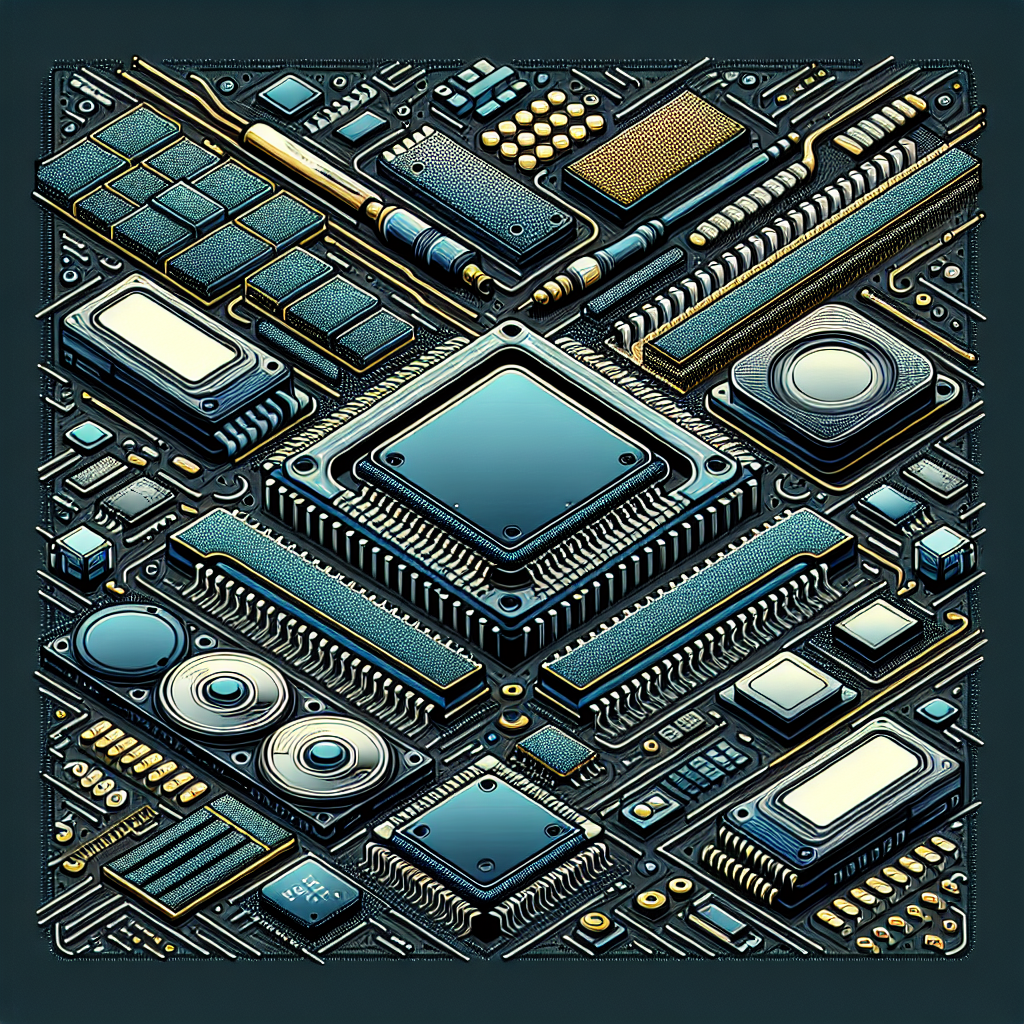Non-volatile memory, also known as NVM, is a type of computer memory that retains its data even when power is turned off. This technology has had a significant impact on the semiconductor industry, revolutionizing the way data is stored and accessed.
One of the key benefits of non-volatile memory is its ability to store data without the need for constant power supply. This means that data can be retained even during power outages or system failures, making it an ideal solution for critical applications where data loss is not an option.
Non-volatile memory has also enabled the development of smaller and more efficient electronic devices. By eliminating the need for bulky power sources, NVM has paved the way for the creation of smaller, more portable devices such as smartphones, tablets, and wearable technology.
In addition, non-volatile memory has significantly improved the speed and efficiency of data storage and retrieval. Traditional storage technologies such as hard disk drives are relatively slow and can be prone to data corruption. Non-volatile memory, on the other hand, offers faster read and write speeds, as well as improved durability and reliability.
Furthermore, non-volatile memory has opened up new possibilities for data storage and processing. With the increasing demand for big data analytics and artificial intelligence, the semiconductor industry has been able to develop more powerful and efficient memory solutions to meet the needs of these emerging technologies.
Overall, the impact of non-volatile memory on the semiconductor industry has been profound. This technology has revolutionized the way data is stored and accessed, enabling the development of smaller, faster, and more reliable electronic devices. As the demand for data storage continues to grow, non-volatile memory will play an increasingly important role in shaping the future of the semiconductor industry.


Leave a Reply